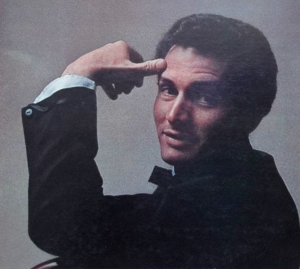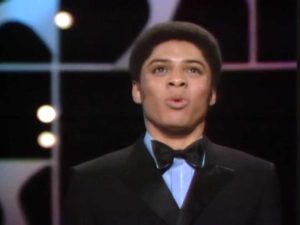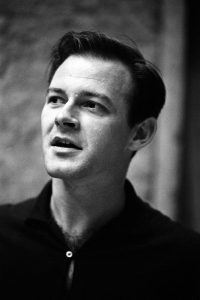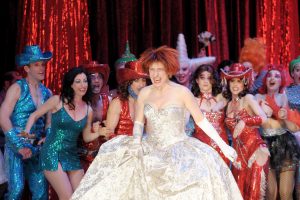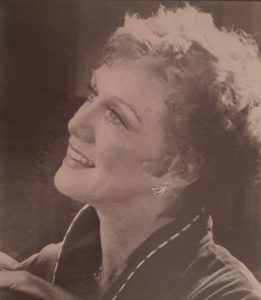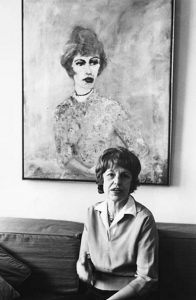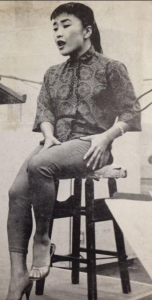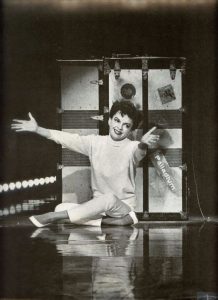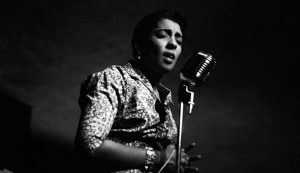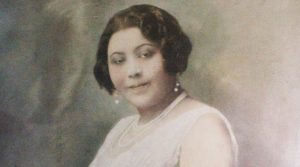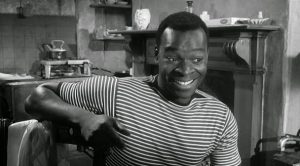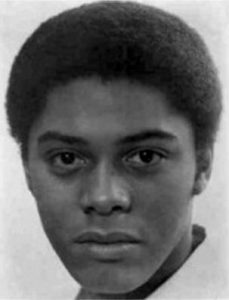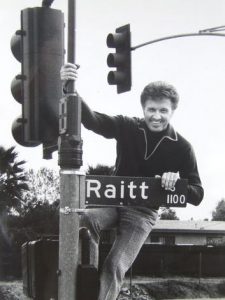Podcast: Play in new window | Download (Duration: 1:42:49 — 141.2MB) | Embed
Subscribe: Spotify | TuneIn | RSS | More
One of the things about my podcast that brings me the greatest joy is when I can introduce my listeners to a wide range of singers that need to be better-known. Back when I was preparing birthday episodes in October, I chose literally hundreds of tracks that I wanted to share with my listeners. At the time I made use of only a handful of them, so today I have once again dipped into that vat of gorgeous, expressive voices to bring another foretaste of what’s to come on the podcast. There’s a special section on some amazing tenors (Alain Vanzo, Wiesław Ochman, George Thill, Anton de Ridder, Richard Lewis, Charles Kullman and many others); I also introduce a plethora of singers of color who will be appearing throughout Black History Month (Madeline Bell, Bertice Reading, Maxine Sullivan, the late Iris Williams, Adelaide Hall, Roland Hayes, Faye Robinson, and Toni Harper, along with many others). It’s offered in a spirit of solidarity, communal sharing, and generosity as we face together the tough times ahead.
Countermelody is the podcast devoted to the glory and the power of the human voice raised in song. Singer and vocal aficionado Daniel Gundlach explores great singers of the past and present focusing in particular on those who are less well-remembered today than they should be. Daniel’s lifetime in music as a professional countertenor, pianist, vocal coach, voice teacher, and author yields an exciting array of anecdotes, impressions, and “inside stories.” At Countermelody’s core is the celebration of great singers of all stripes, their instruments, and the connection they make to the words they sing. By clicking on the following link (https://linktr.ee/CountermelodyPodcast) you can find the dedicated Countermelody website which contains additional content including artist photos and episode setlists. The link will also take you to Countermelody’s Patreon page, where you can pledge your monthly or yearly support at whatever level you can afford.

